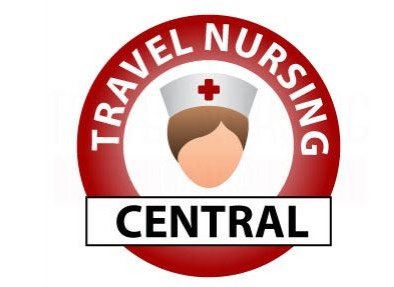
It’s important to be respectful of your patients’ cultural differences.
As a healthcare professional, you meet people from all different walks of life. Understanding your patients from a cultural standpoint can be a huge asset to your career. It’s especially important for traveling nurses to gain appreciation for the population they serve at their different assignments. In large cities, there can even be several subsets of cultures within the population your hospital serves.
So what’s a travel nurse supposed to do? Obviously, you can’t learn every single language out there or be an expert in all cultures, but you can prepare a culturally competent checklist for yourself when you encounter a patient with a different culture from your own. Below are six steps to becoming a culturally competent nurse:
- Communicate: Does this patient speak the same language as you? If not, find a hospital translator. Communication is obviously the first step in discovering your patient’s needs. As the translator is speaking with the patient, notice the patient’s nonverbal and verbal cues. Different cultures have different communication values.
- Determine Level of Comprehension: Does the patient understand you? Head nodding doesn’t always mean they “get it.” The patient might also be embarrassed to ask questions. So gently ask them to repeat what you told them in their own words. If the patient can’t, then you or a translator can re-explain a diagnosis or the situation at hand.
- Identify religious beliefs/sexual orientation: Religious beliefs can have a powerful effect on patients as they cope with serious illnesses or choose treatment options. As a nurse, you’ll want to be respectful of your patient’s religious views and discover what treatments your patient is willing to accept. For example, some religions choose the power of prayer over medical intervention. Likewise, it’s important to know your patient’s sexual orientation for similar reasons.
- Determine Level of Trust: It can be extremely hard to treat a patient without their trust. If they don’t trust you, they may withhold crucial health-related information. Earning a patient’s trust begins with effective communication. So, be open and honest when communicating with your patient, and use a translator when necessary.
- Discuss Dietary Habits: Just like religious views, dietary habits can be a cultural factor in the life of your patient. You’ll want to discuss these habits with your patient and respect their wishes as they recover from a procedure. Showing respect for their values will help increase their levels of comfort and trust with you as their healthcare provider.
- Recognize your own cultural biases: Everyone has their own biases and cultural attitudes, so it’s important to be aware of yours. As a nurse, you should not allow your own cultural views to interfere with the treatment of your patient. Not sure where you stand in the cultural spectrum as a nurse? Take Top RN to BSN’s quiz to find out.
As a travel nurse, has there ever been a time when you needed to be culturally sensitive while treating a patient? If so, what steps did you take to ensure you earned that patient’s trust?

